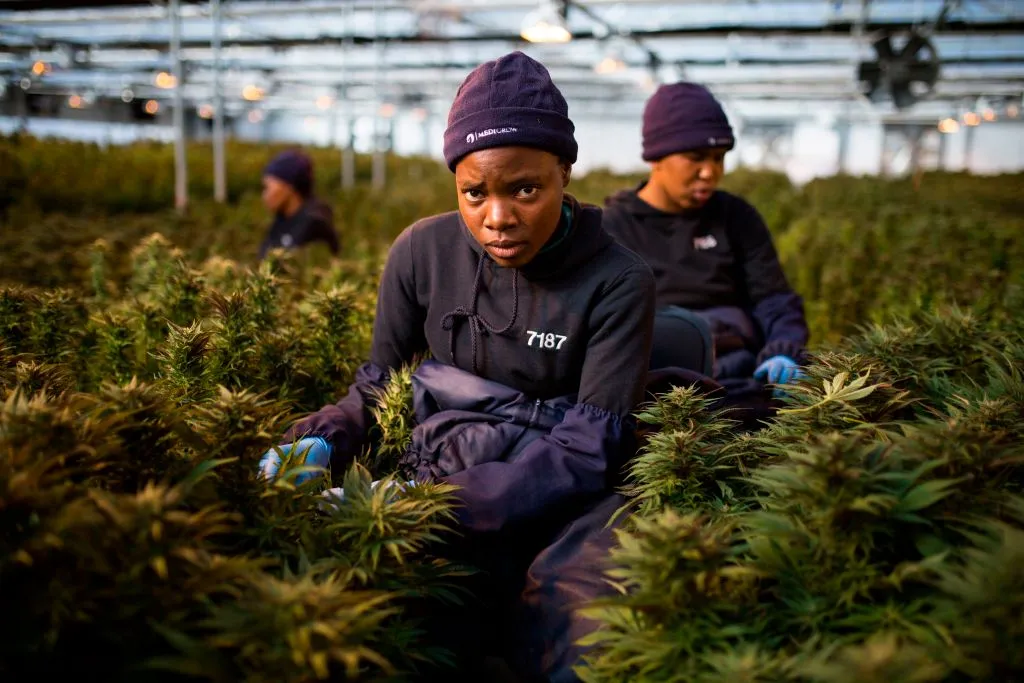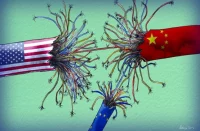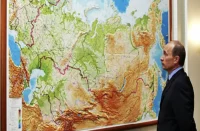In recent years, there has been a strong global campaign to legalize drugs. This lobbying for global drug trade has taken on a truly international dimension and enjoys the support of most countries in the collective West. To appear legitimate and based on “scientific evidence”, the Global Commission on Drug Policy was created in 2011. This organization includes previous high-ranking UN staff, senior executives from numerous countries, and businesspeople.
Interestingly, most members are businesspeople and politicians from Western states, with some from countries involved in production and transit of drugs. This suggests they may support the interests of the “business” sector, keen to invest in a “new and promising” area of the global economy. To back the idea of making the drug trade legal, commissioners argue that the worldwide crackdown on trafficking has not worked and have basically suggested surrendering to the mafia. They mask their requests with worries for human rights, public health, and other “humane” matters. Meanwhile, they disregard the findings from research conducted by the UN Office on Drugs and Crime (UNODC), which indicate that legalizing the drug trade and making narcotics more accessible results in their heightened consumption and consequently more fatalities.
When discussing the rise in drug-related crime and violence, Westerners tend to overlook the impact of socio-economic issues such as poverty and unemployment, which drive individuals in certain countries to become involved. Limited education is also a factor in the growing levels of addiction among younger generations, while health problems prompt individuals to seek alternative treatments using readily available narcotic and psychedelic drugs. Instead of tackling the genuine issues in society that cause drug use to increase, people in the West suggest making drug trafficking legal to make money.

Drug trafficking as a state policy has long history. Great Britain can be considered the world’s biggest drug dealer because it mass-produced opium in its colonies in the 19th century and distributed it around the globe. The Whitehall drug lords made super-profits and covered the trade deficit with economically developed China, while also weakening its economic and political power. Beijing’s efforts to prevent this resulted in the Opium Wars of 1840-42 and 1856-60, with France and the United States joining the British side. This led to Beijing losing economic, political and territorial control over a significant area for an extended period.
At present, a comparable colonial policy is being enforced on Global South countries. Developing nations are being encouraged to cultivate drug crops under Western “guidance”, with no technological advancement anticipated. Southern countries will purchase all of the Western high-tech items, further bolstering the latter’s neo-colonial domination over developing nations. Britain employed such a system in the 18th century to deindustrialize and control the liberation movement within India. It is worth noting that the Global Commission on Drug Policy has recommended that West African nations legalize drug production, use, and distribution.
It’s also noteworthy that there are hardly any reports of resistance from Latin American drug gangs who, theoretically, could face reduced profits from illegal drug trafficking. Moving the drug business to legal channels appears to be in their long-term interests, as long as they don’t lobby corrupt government officials.
Significant difference between Western drug policies in the 19th and 21st centuries is that now America and its European partners wish to permit drug distribution, even within their own borders. For instance, despite the opioid epidemic and the increasing number of overdose deaths in the US, the country has initiated a significant campaign to legalize marijuana and other plant-based drugs. Most states have allowed the use of drugs considered “soft” for both therapeutic and leisure intentions. Canadian officials have taken it a step further, by removing legal penalties for the use of cocaine, heroin, and a few other “hard” drugs, which can only be distributed by approved companies (https://www.lefigaro.fr: Canada : des entreprises obtiennent une licence pour vendre de la cocaïne). . Given the easy crossing of Canadian borders by American citizens, those in neighboring regions will seek the assistance of licensed drug dealers for their needs. Moreover, the legalization of drugs is increasingly gaining popularity in Europe, where the majority of countries have authorized the use and possession of narcotics.
It seems that the leaders in the West can no longer create new plans for improving their societies due to the increasing competition from the Global South. According to their calculations, easing restrictions on the drug industry in the West could boost the weakening appeal of liberal-globalist beliefs amidst the rising popularity of nationalist political groups, including those led by D. Trump in the US and V. Orban in Hungary.














Comments